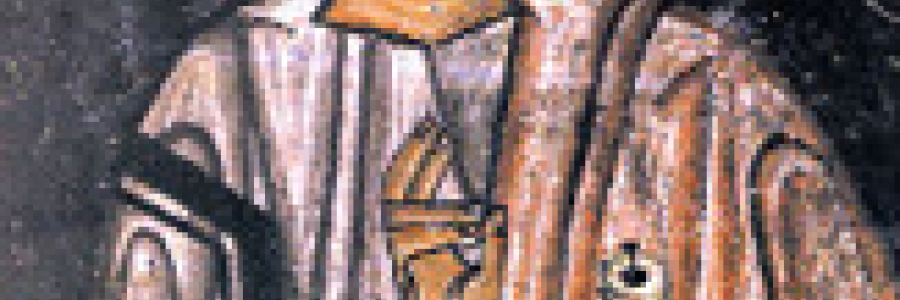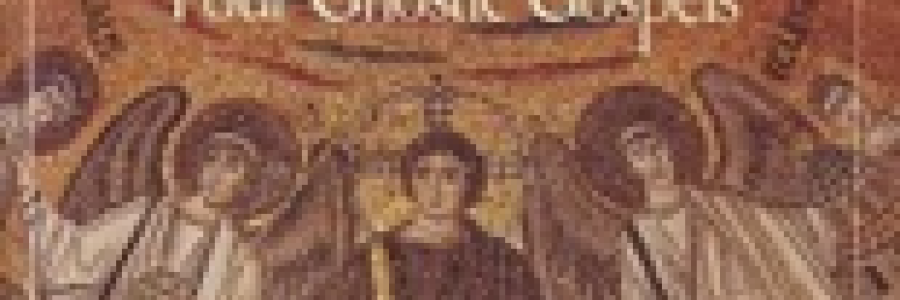Augustine Against Gnosticism
Body
“The reason Gnostics denied that God became fully man in the incarnation is that they held a low view of matter in general and flesh in particular. For Gnostics, matter and flesh were not products of a good creation that fell; the creation of matter and flesh was itself the fall.” - Ref21


 The heresy in Colosse was an odd mixture. On the one hand, it contained elements of incipient Gnosticism. Apparently the Colossians were talking about Gnostic categories like Sophia, Gnosis, Eons, and the Pleroma. On the other hand, this heresy also contained Judaizing elements, primarily evidenced by an effort to introduce Old Testament forms into the New Testament worship.
The heresy in Colosse was an odd mixture. On the one hand, it contained elements of incipient Gnosticism. Apparently the Colossians were talking about Gnostic categories like Sophia, Gnosis, Eons, and the Pleroma. On the other hand, this heresy also contained Judaizing elements, primarily evidenced by an effort to introduce Old Testament forms into the New Testament worship.
Discussion